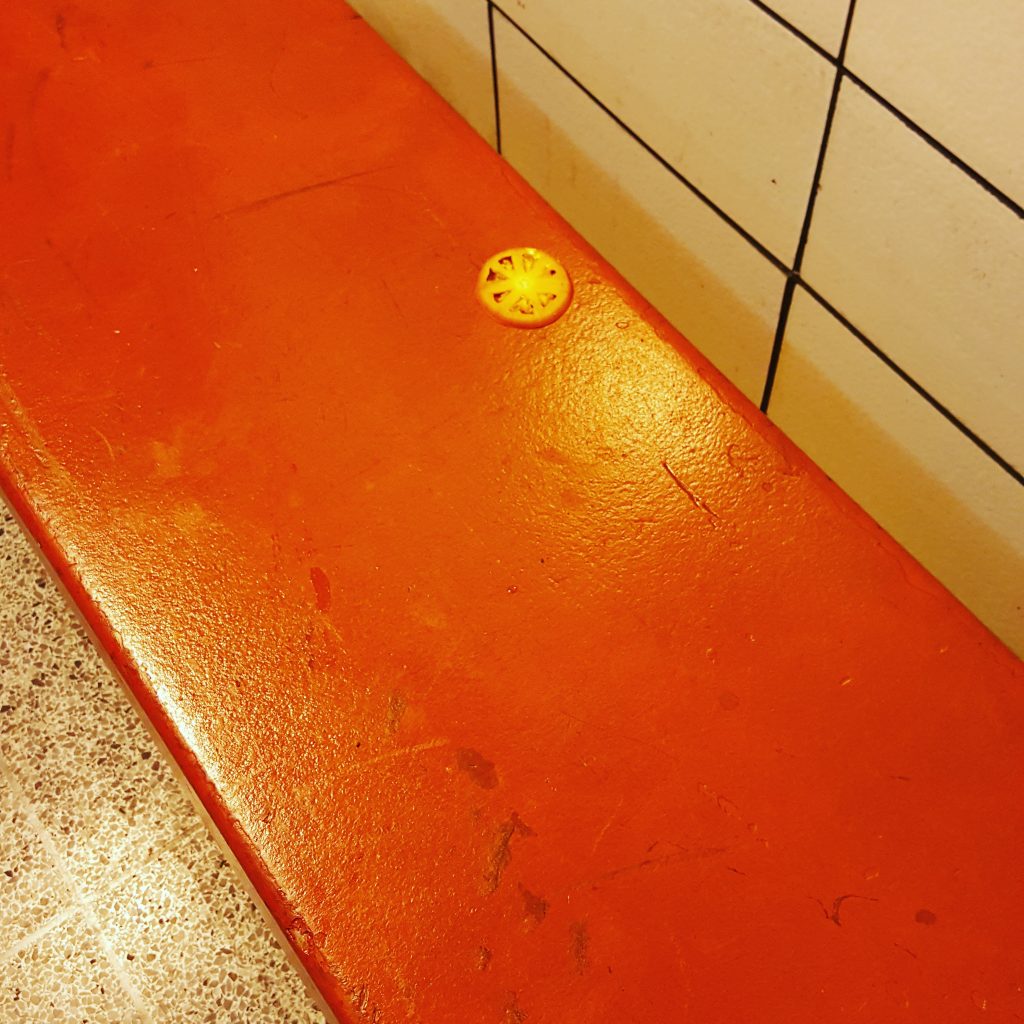So what kind of person decides to study Japanese because they like languages? Many types, but one type is the person who loves languages and wants to be the best they can be at everything they do. (Self-insert? You tell me.) And that person comes to Japanese, and for the first six months or so in the average structured class, doesn’t think it’s so bad. “Hiragana? Psssh. Simple. Katakana? Weird shaped hiragana. Easy. Everything is just something something desu!” But then things start creeping in. Causative form. Passive form. Potential form. Causative-passive? Japanese verbs are easy, though. The most regular conjugation patterns ever. But then the non-baby kanji. Even the… Read More
Continue Reading






